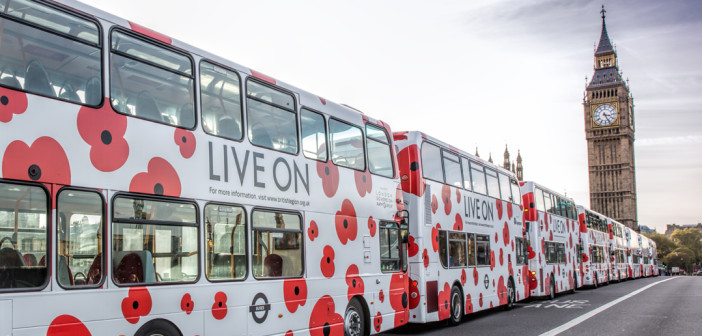By Charles Weir, founder and CTO of mobile technology firm, Penrillian
The growth of mobile technology in transport is inevitable because it is being driven by consumer demand. Research shows that over three quarters of public transport users have expressed the desire to be able to use their mobile devices to plan and pay for transport [Accenture]. This will only increase as mobile technology continues to become the norm across all age ranges. Most of us now fear losing our mobile device more than we fear losing our wallet; this shows how essential the mobile has become in daily life.
In October 2015 I was invited to address the Conservative Party Conference in Manchester and talk to a room full of transport people about the future of mobile. Here are some of the themes that were discussed.
Facing the challenges
The adoption of mobile technology by transport operators will help them face challenges such as driving down fixed infrastructure costs (ie, ticket offices and machines) and will eventually resolve inefficiencies such as bottlenecks at barriers. These operators can then give a vastly improved customer experience by eliminating the need to queue or count out cash.
Mobile ticketing is also evolving from visual ticketing using technologies such as QR and bar codes to contactless smart ticketing using near field communication (NFC). As the next step, we could see the mobile device replacing the smartcard altogether, although users may prefer wearables such as badges or wristbands that are lower-value and can be topped up via NFC.
Rise of personalisation
Personalisation will be one of the biggest shifts in public transport in 2016, as the move from anonymous paper tickets to a mobile solution will open up a whole new world of opportunity.
Passenger data obtained from mobile technology will allow transport operators to personalise their offering to individual users: the power of big data and predictive software will be able to detect patterns in use, habits and preferences.
On a macro scale this will allow them to understand usage, manage capacity and prevent bottlenecks; and on a personal level they will be able to tailor better user experience, commercial offers and loyalty schemes to every passenger.
Smart tickets and contactless payment apps are becoming the norm, and are being adopted by a wide and rapidly growing cross section of our population. Transport operators of the future will demand systems that are quick to deploy, offer the facility to interface with existing or new partner systems, and are attractively priced with a low cost of adoption.
The technology already exists to make this a reality, and we can expect to see a period of rapid evolution in the next year.
Penrillian creates software solutions for connected and mobile devices.





